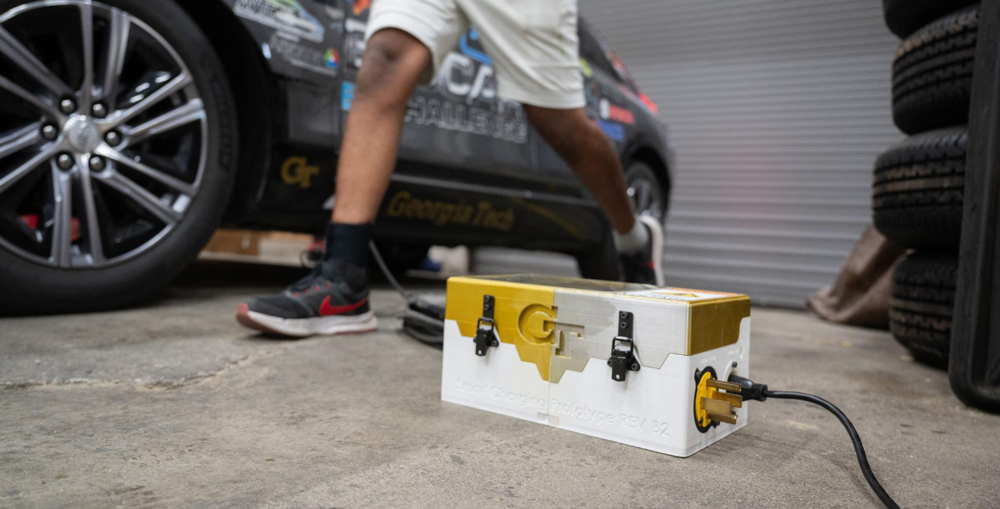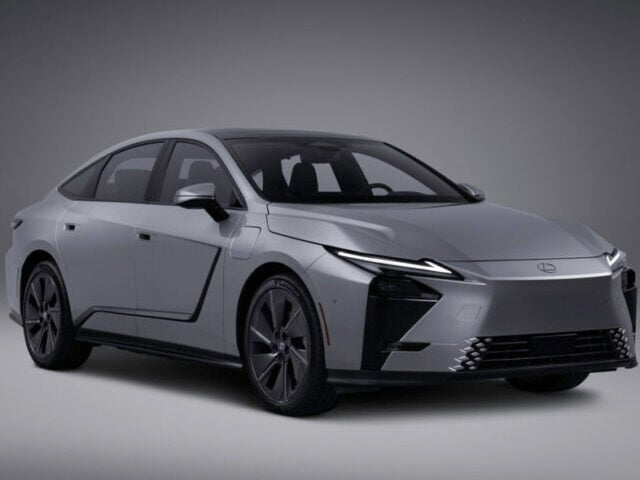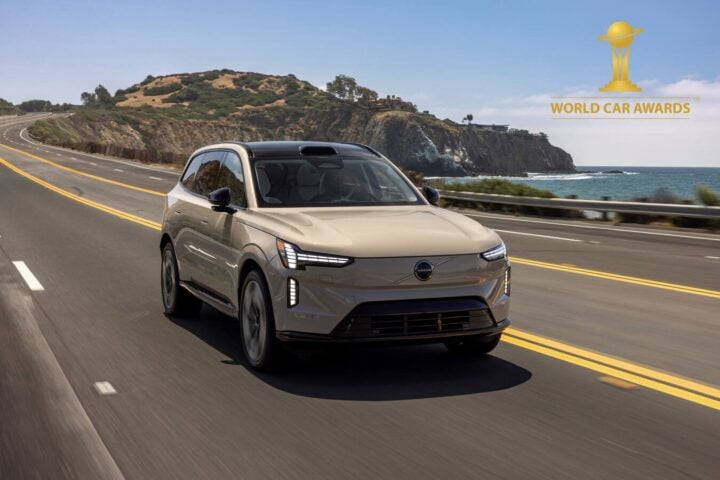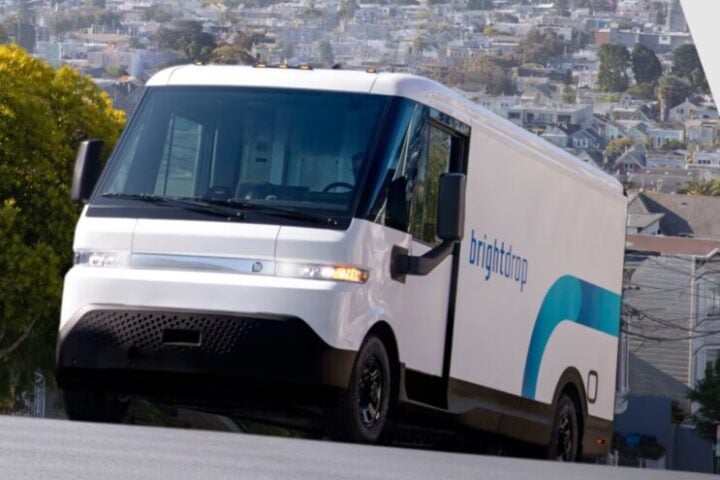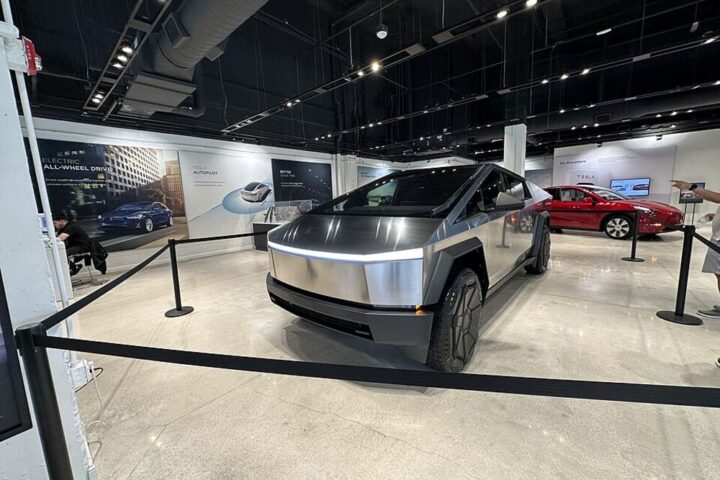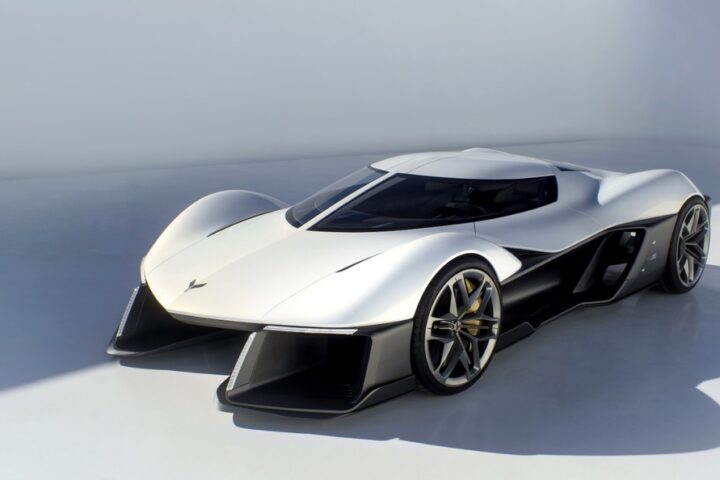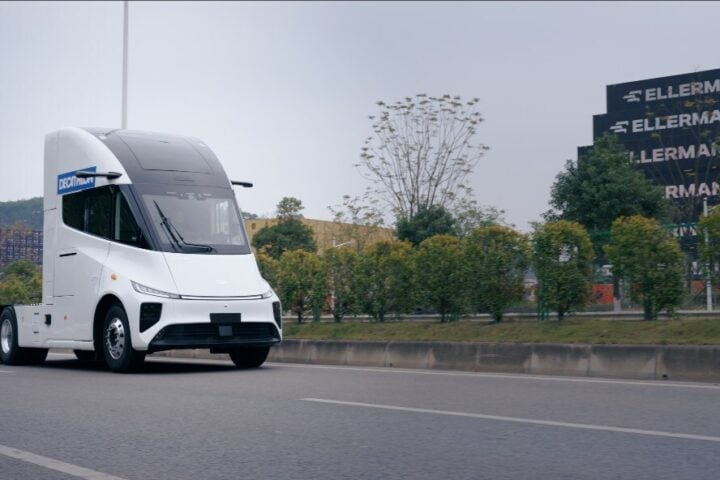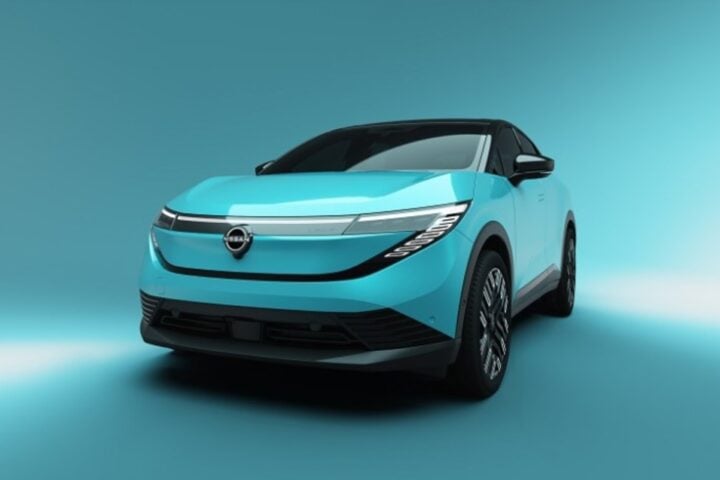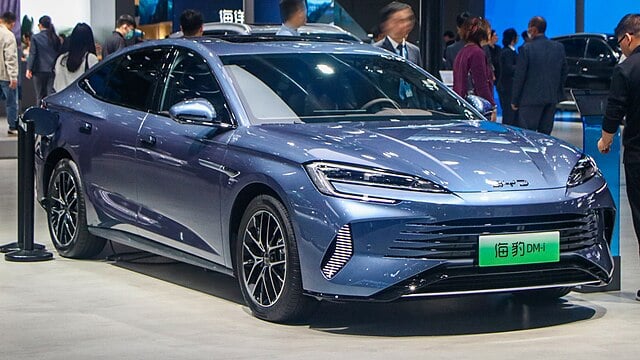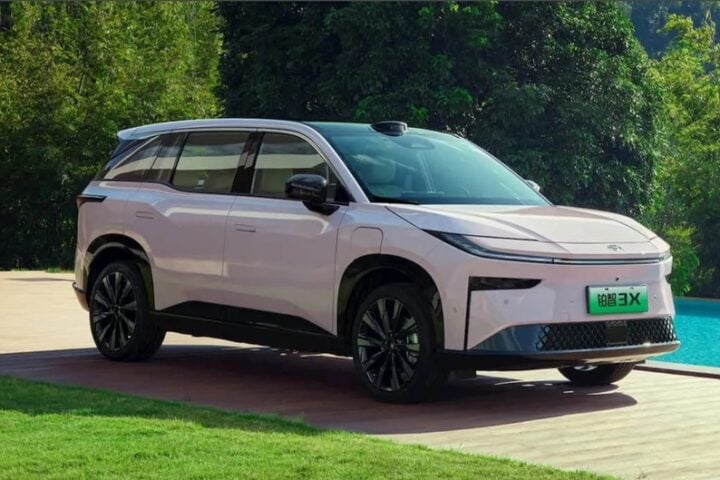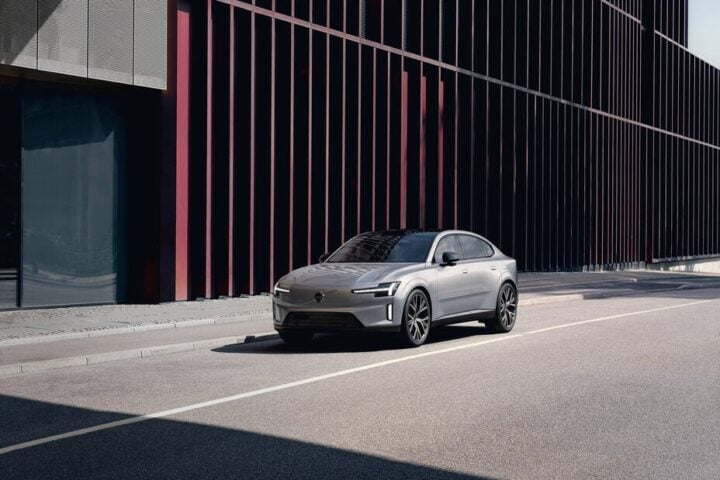The 21st century belongs to electric vehicles. In 2024, more than one in five cars sold worldwide is an EV (electric vehicle). Half of all new cars sold globally will be EVs by 2035, according to intergovernmental agencies. The electric grid is not yet ready to support the EV inflow, though more EVs on the road sounds like great news for the environment.
A device to help avoid grid overload has been developed by researchers at the Georgia Institute of Technology. It is a revolutionary EV Smart-charging system. The GIT-created Smart charging system would not only reduce grid stress but also enable users to customize the charging process and minimize cost. The technology might even help promote the EV industry.
Michael J Leamy, Woodruff Professor and director of Graduate studies in the George W Woodruff School of Mechanical Engineering said, “We wanted to investigate a way of Smart charging that considers EVs as they converge on the electric grid, which we already know is near its maximum capacity.” According to him, we need to buy time for the grid operators so they aren’t overwhelmed when more EVs enter the market.
Power use peaks from late afternoon to early evening, in the southeastern US. This is also the time when most people come home from work and plug in their EVs. An EV can easily be the most significant consumer of power in a home, when plugged in.
Kartik Sastri, a recent PhD graduate in the School of Electrical and Computer Engineering, and co-inventor of the technology, said, “A bunch of EVs charging during the peak power load can be problematic for utilities, exacerbating electricity demand and overloading the grid, but you don’t need to start charging as soon as you come home. In most cases, there’s ample time overnight to fully charge EVs.”
The team developed cutting-edge optimization algorithms to distribute charging per time, thus minimizing grid stresses while offering benefits to consumers. The maximum power draw of a home during charging is decreased by the algorithms. It achieves what the researchers call “peak shaving”. Based on the state of the grid and consumer preferences, the algorithm itself plans the charging and when it will occur.
David G Taylor, ECE professor and co-inventor of the charging system said, “By using random timing and predictions of household power usage, our algorithm can effectively distribute the load”. The GIT (Georgia Institute of Technology)-created system allows consumers to customize their charging.
The research team plans to demonstrate how their Smart-charging algorithms can reduce costs for entire fleets of EVs. This technology has also been developed to function in commercial settings. According to Leamy, the goal is for companies to license their smart-charging algorithm technology.
